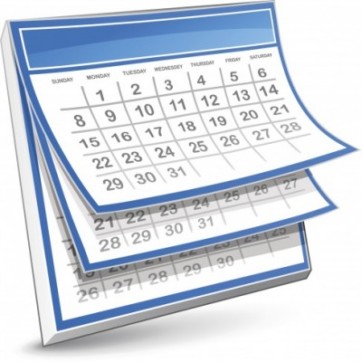End-of-Year Campaign Planning: 6 Things to Get Done in September

One of the main differences I’ve seen between successful campaigns and those that aren’t is that successful campaigns are planned earlier. When it comes to your end-of-year campaign, that means now.
So if you haven’t given your end-of-year campaign any thought, here’s a checklist of what to get done in September:
1. Analyze past campaigns (and other emails)
Review your end-of-year campaigns from the past 3-5 years. Which approaches and topics performed well? Which didn’t? Don’t stop there. Do a similar review of other appeals/campaigns. Then, analyze newsletter links to identify which topics get higher click-through rates. Chances are your recipients are trying to tell you what interests them.
2. Analyze what’s worked offline that hasn’t been tried online
Setup time with your annual fund manager to review successful past direct mail campaigns. Is there an approach or topic that’s worked offline, but you haven’t tried online? Maybe stating a campaign goal or personalizing content for different audiences?
3. Gather funding opportunities
Talk with internal teams about existing funding opportunities and priorities. Bring multiple funding options to your campaign planning meetings, so you can match them to what interests your constituent (#1 above). This will drive theme possibilities and help ensure your campaign is outcome-focused.
4. Secure a matching gift donor
If you’re going to offer constituents the chance to double their gift, now’s the time to find a matching gift donor. Work with your major gifts team to identify a recent or upcoming donor who’ll anonymously match end-of-year campaign gifts.
5. Review how mobile-friendly your emails are
It’s predicted that more than 50% of email opens will occur on mobile devices by year-end. If you haven’t reviewed your email templates across all mobile device, browsers and email clients, signup for a month subscription (or free 7-day trial) on Litmus.com. Make emails more mobile-friendly by using responsive design or these 10 simple tips.
6. Book planning meetings
One of the biggest keys to success is starting early. Get your first meeting on the calendar this month and plan weekly follow-up meetings. Use what’s above as a starting point for your agenda.
What other year-end tasks would you recommend completing in September?
